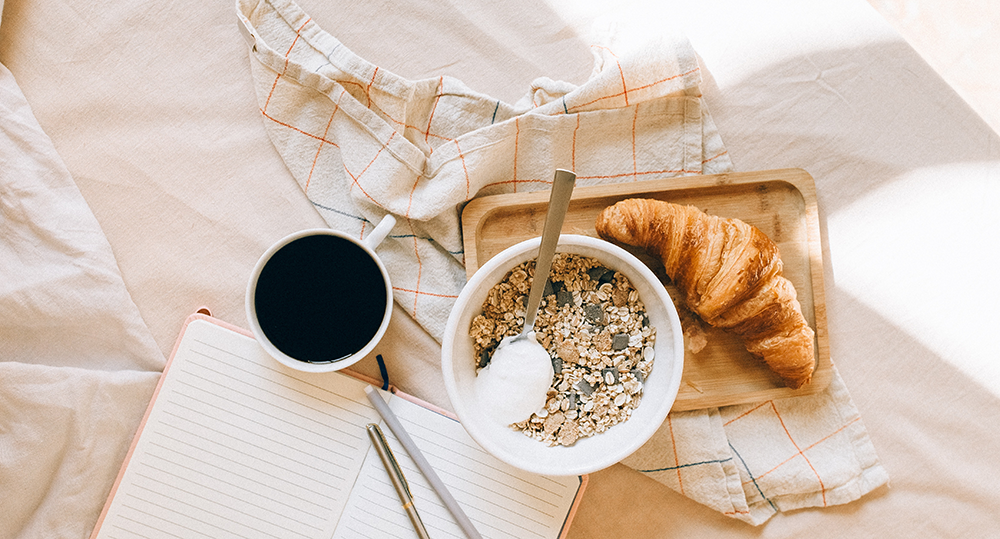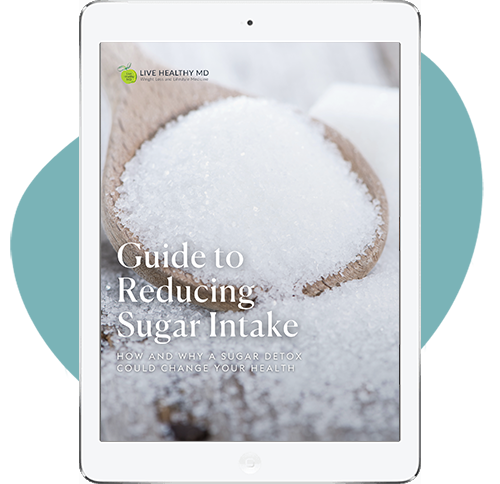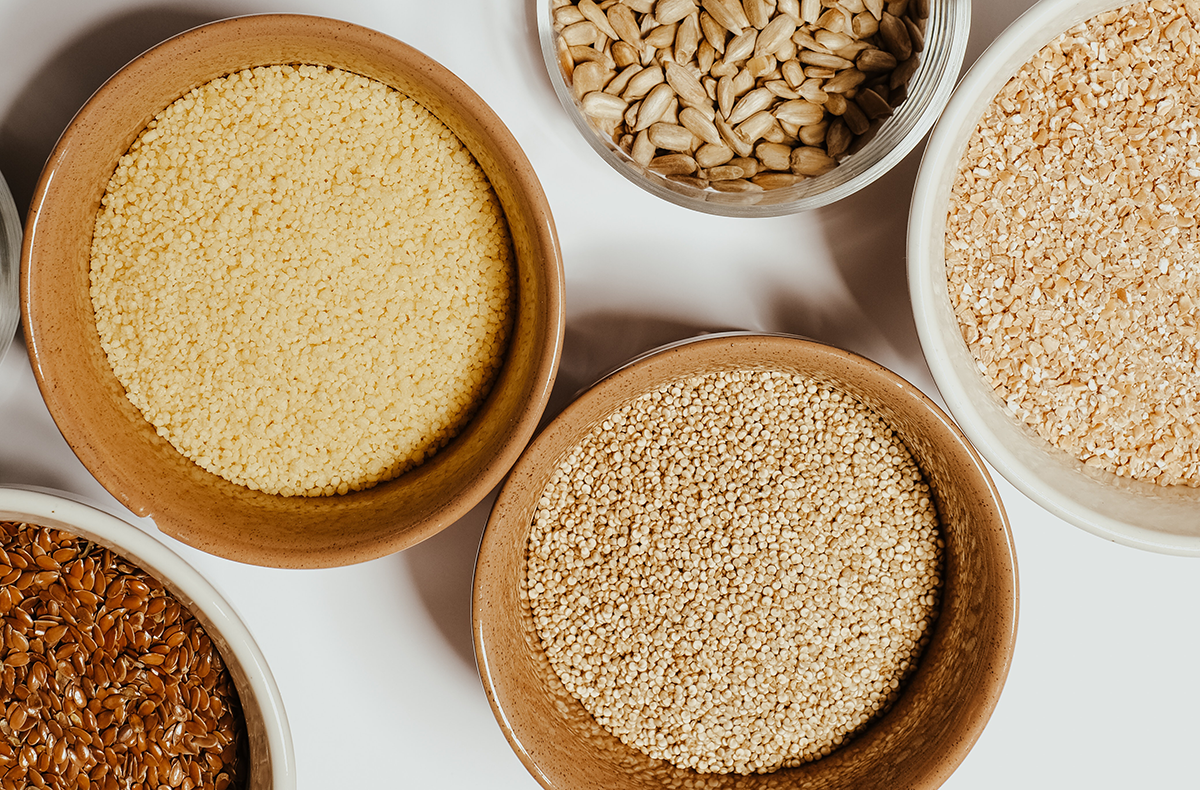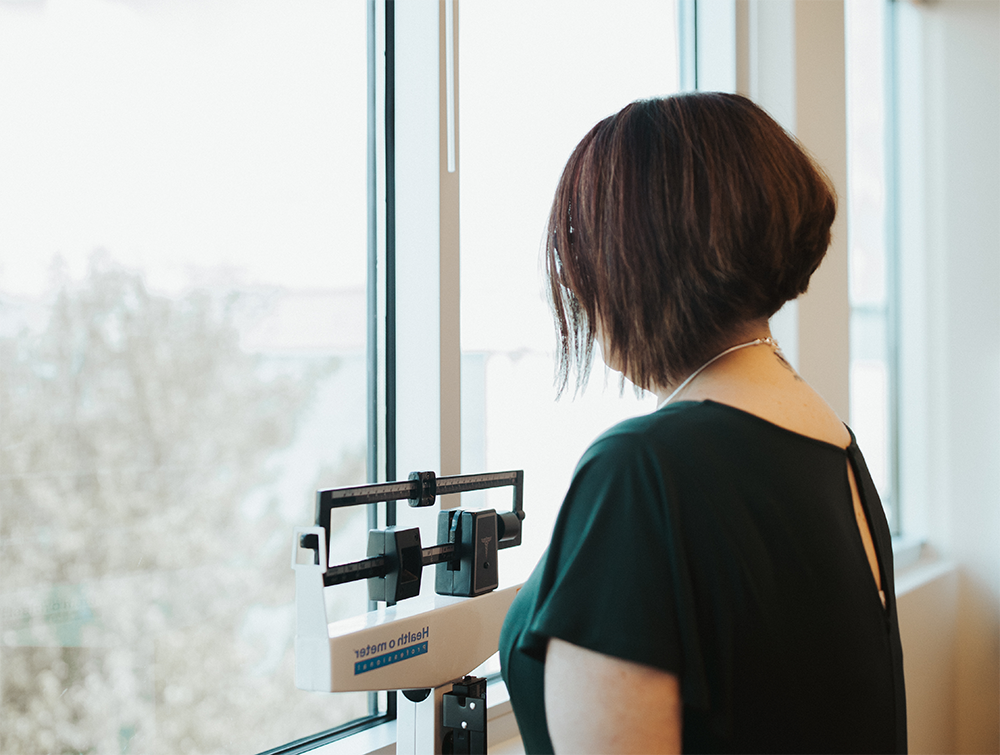
The most successful post-bariatric patients follow the guidelines of their bariatric care team when it comes to knowing what foods to avoid after weight loss surgery. The number one reason for a weight-loss stall or weight regain is poor eating habits.
There are many “rules” surrounding the post-bariatric diet, and it can quickly become overwhelming. This blog will talk about the foods to avoid after weight loss surgery to achieve successful weight loss or even get out of a weight-loss stall.
7 Foods to Avoid After Weight Loss Surgery
1. Empty Calories
One of the most common reasons patients will regain weight is drinking empty calories. It can be very easy to forget that the can of soda or cup of juice you are drinking is filled with calories, carbs, and sugars. Since these drinks do not contain any nutritional value, you will still be hungry. Empty-calorie drinks add to your overall daily caloric budget, ultimately inhibiting your weight loss.
2. Alcohol
Like the reason listed above, alcohol should also be avoided after weight loss surgery. Alcohol is full of carbs and calories. There are about 13 grams of carbs in one can of beer and 10 grams in a margarita. If you drink, you get your calories in without any nutritional value. It then makes it challenging to continue to lose weight.
Similarly, after bariatric surgery, alcohol has a much more significant impact on you. One glass of wine is equivalent to three glasses due to the change in your anatomy and how fast you absorb the alcohol. Most individuals find that where they could drink two to three drinks before they felt an effect from the alcohol, now one glass will get them to that point. So now the tolerance of their alcohol goes down.
3. High-Sugar Foods
Like on any weight loss plan, sugar and carbs are the most talked-about foods to avoid after weight loss surgery. Aside from the apparent reasons for avoiding high-sugar foods on a weight loss plan, processed sugar can lead to dumping syndrome, defined as the body’s intolerance to foods high in sugar and fat. These high sugar and fatty foods empty quickly from the stomach into the intestines causing nausea, clamminess, sweating, cramping, pounding heartbeat, light-headedness, and diarrhea. Needless to say, it is a feeling you never want to experience.

4. Bread, Rice, and Pasta
You have likely heard that carbs are bad and are foods to avoid after weight loss surgery. There are two types of carbs – simple and complex. Both types of carbs are absorbed relatively quickly and used as energy for the body. However, the difference is that simple carbs provide short bursts of energy, while complex carbs provide a more sustained energy level.
The bread, rice, and pasta we typically see our patients eat is not whole grain (i.e., a complex carb). Therefore, the consumption of simple carbs leads to a sudden spike in blood sugar levels, which can be dangerous for people with diabetes who need to maintain their blood glucose. If you are not expending energy and using the increased glucose levels, it will turn into fat and cause weight gain.
5. Starchy Vegetables
Starch is a form of carbohydrate, and for the reasons listed above, starchy vegetables should be avoided after weight loss surgery. Although starch is a complex carb, an excess of carbs in any form can lead to weight gain. Starchy vegetables include potatoes, carrots, squash, beans, corn, lentils, and peas.
6. Spicy Foods
Extremely spicy foods can irritate your stomach and trigger reflux of gastric juices into the esophagus, causing heartburn. As you go through the healing process, spices such as hot sauce and peppers are foods to avoid after weight loss surgery. Once you are a few months out from surgery, you can begin incorporating more spice into your diet; just be sure to try this in moderation.
7. Nuts and Other Dry Foods
Nuts are antioxidant (free radical fighters that prevent damage to cells) powerhouses, yet they are very calorie-dense. A small handful of nuts adds up to a lot of calories. For example, ¼ cup of almonds has over 200 calories, and not many people will eat that few nuts in a serving. This is why we recommend post-bariatric patients avoid this food group.
Similarly, nuts are classified as a “slider” food, meaning they are digested quickly, causing hunger spikes sooner.
Weight loss surgery results in a significant lifestyle shift, and healthy eating is an integral part of achieving sustained weight loss. After weight loss surgery, the key to healthy eating is a balanced diet focused on low-carb and high-protein. Yet, we like to teach our patients that it’s not so much about what foods they can never eat again; it’s about what foods they are allowed to enjoy in moderation.
This article was originally published on the Bariatric Centers of America website.











